No law is stronger than is the public sentiment where it is to be enforced
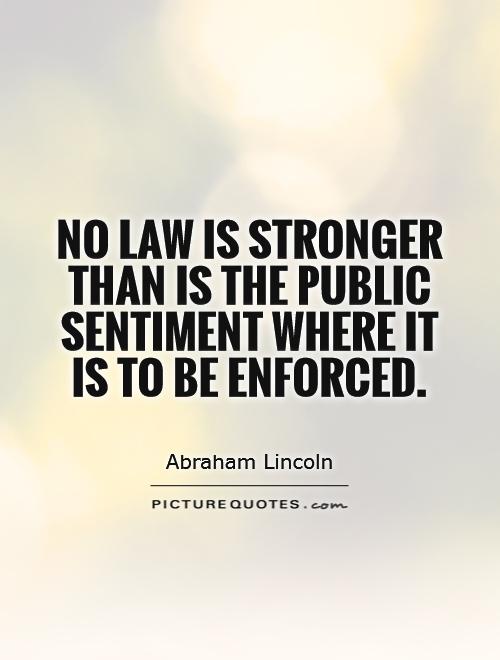
No law is stronger than is the public sentiment where it is to be enforced
Abraham Lincoln, the 16th President of the United States, was a firm believer in the power of public sentiment in shaping the enforcement of laws. He understood that laws alone were not enough to ensure compliance and that the support of the people was crucial in upholding the rule of law. Lincoln's famous quote, "No law is stronger than is the public sentiment where it is to be enforced," reflects his belief in the importance of public opinion in determining the effectiveness of laws.Throughout his presidency, Lincoln faced numerous challenges in enforcing the laws of the land, particularly during the tumultuous period of the Civil War. He recognized that without the support of the people, his efforts to preserve the Union and abolish slavery would be in vain. Lincoln understood that public sentiment could either bolster or undermine the enforcement of laws, depending on the prevailing attitudes and beliefs of the population.
One of the key examples of Lincoln's reliance on public sentiment was his Emancipation Proclamation, which declared all slaves in Confederate-held territory to be free. Despite facing opposition from some quarters, Lincoln knew that he needed the support of the Northern public to ensure the success of the proclamation. By framing the issue of slavery as a moral imperative and rallying public sentiment behind the cause of emancipation, Lincoln was able to garner widespread support for his actions.
Lincoln's understanding of the power of public sentiment also extended to his efforts to preserve the Union during the Civil War. He recognized that the success of his policies, such as the suspension of habeas corpus and the imposition of martial law, depended on the backing of the people. By appealing to the patriotism and sense of duty of the American public, Lincoln was able to maintain popular support for his administration's actions, even in the face of criticism and opposition.




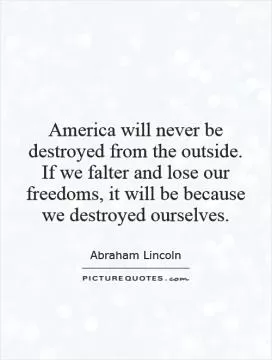

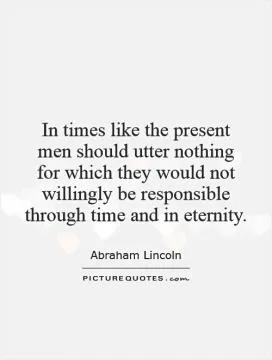
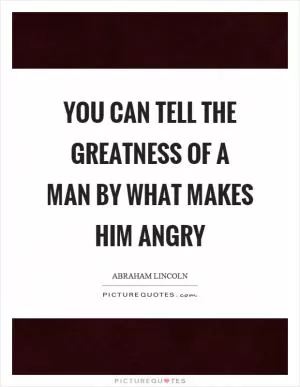
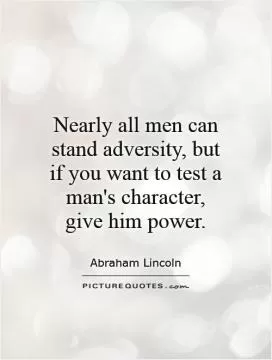
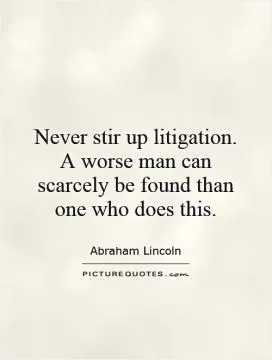
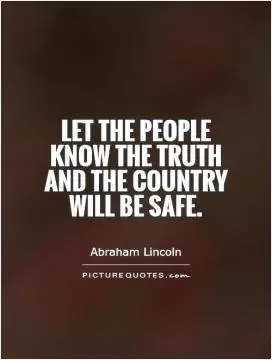

 Friendship Quotes
Friendship Quotes Love Quotes
Love Quotes Life Quotes
Life Quotes Funny Quotes
Funny Quotes Motivational Quotes
Motivational Quotes Inspirational Quotes
Inspirational Quotes